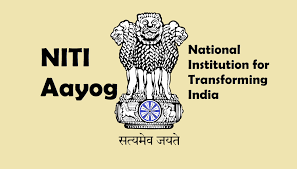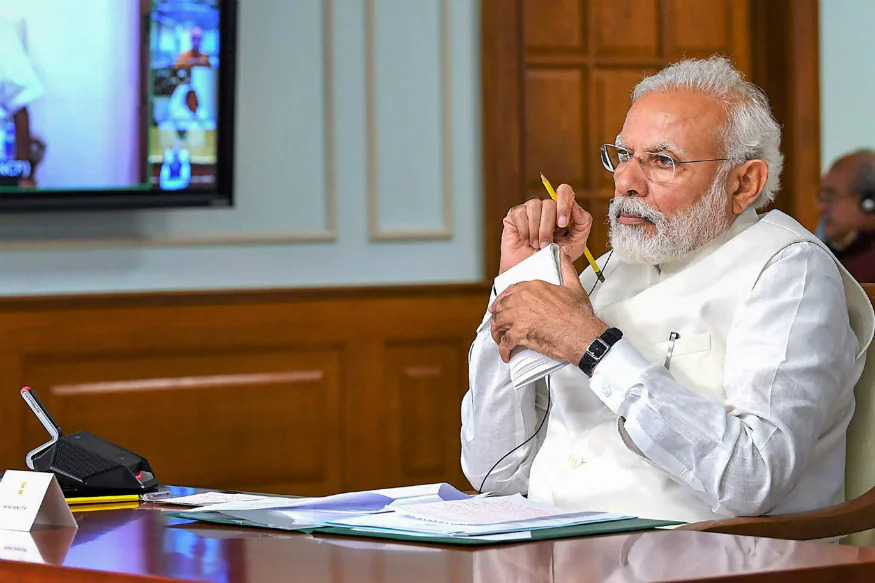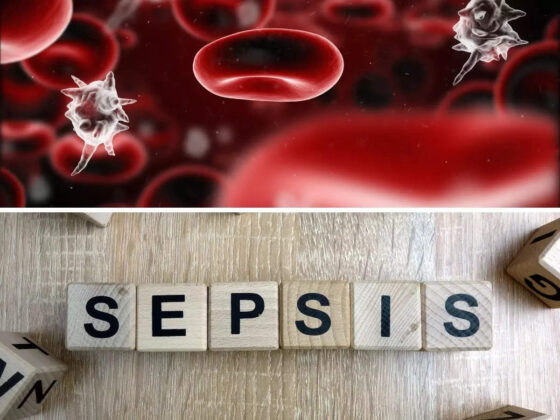An expert group formed by NITI Aayog has proposed that India should introduce a specific law to better manage public health emergencies in the future. The group shared its recommendations in a report titled ‘Future Pandemic Preparedness and Emergency Response – A Framework for Action’. This proposal comes after closely analyzing the country’s response to the Covid-19 pandemic. According to the experts, the key to effective crisis management is taking action within the first 100 days of an outbreak.
The group suggests enacting a law called the Public Health Emergency Management Act (PHEMA). This act would serve as the legal backbone for handling not only pandemics like Covid-19. But also other public health threats such as non-communicable diseases, natural disasters, and even bio-terrorism. The report emphasizes that having this legislation in place is necessary for India to be fully prepare for future crises.
PHEMA would promote a comprehensive approach to health management, ensuring that prevention, control, and response to disasters seamlessly coordinated. It would also focus on developing skilled public health teams at both national and state levels. Which would play a vital role in managing future emergencies.
Acting Quickly in the First 100 Days
One of the most important lessons from the Covid-19 pandemic is the need for rapid response. The report stresses that the first 100 days are critical. During this period, strategies and countermeasures must prepared and implemented to control the spread of the outbreak. To ensure this, the report proposes forming an Empowered Group of Secretaries (EGoS), led by the Cabinet Secretary. This group would be responsible for coordinating pandemic preparedness and ensuring that all necessary actions taken before any public health emergency escalates.
A structured scorecard system would introduced to monitor the progress of important goals. Such as improving healthcare infrastructure and human resources. This would help ensure that India is well-prepared to respond to any future public health emergencies.
NITI Ayog Strengthening Surveillance and Data Sharing
The report highlights the importance of having a strong surveillance network that can detect and respond to public health threats in real time. It proposes creating a system that connects epidemiological data (which tracks disease patterns) with genomic, laboratory, and clinical data. This integrated approach would allow for faster identification of outbreaks and enable quicker responses.
The NITI Aayog group recommends a unified data portal that would allow seamless sharing of data between community hospitals and other relevant sectors. This portal would need a well-defined policy for data sharing. Ensuring that key decision-makers have access to the necessary information at the right time.
Financing Pandemic Preparedness
The report also calls for the creation of a Pandemic Preparedness and Emergency Response Fund. During the Covid-19 pandemic, India provided need-based financial packages for activities like genomic surveillance, vaccine development, and research. However, the report emphasizes that such funding must be readily available even before an emergency occurs. Having an established fund would ensure that resources are allocated more efficiently when needed.
NITI Aayog Enhancing India’s Regulatory System
The expert group also identified the need to strengthen India’s regulatory system, particularly the Central Drugs Standard Control Organisation (CDSCO), which oversees drug approvals. To manage future crises effectively, the report suggests that this regulatory authority should be given more powers through specific legislation. Strengthening the technical expertise and autonomy of the CDSCO would help it handle the challenges of approving vaccines, medicines, and other critical measures during a health emergency.
Additionally, the report suggests that India work toward global regulatory harmonization, which means aligning its standards with those of other recognized international regulatory bodies. This would help India gain quicker access to global innovations, including vaccines and treatments developed elsewhere, and speed up their approval in India.
NITI Aayog Building a Clinical Trial Network
The report proposes setting up a clinical trial network to facilitate global multi-location trials. This would allow India to participate in international research efforts aimed at developing new treatments and countermeasures during a pandemic. Having such a network would ensure that the country has access to innovative medical solutions faster.
Read Also – PM Modi Ensures Affordable, High-Quality Healthcare for All Indians
The recommendations laid out by NITI Aayog expert group highlight the importance of being well-prepared for future health crises. By enacting the proposed PHEMA law, strengthening regulatory frameworks, and improving data sharing, India NITI Aayog can create a robust system that protects public health. The report emphasizes the need for early action, skilled healthcare workers, and adequate funding, all of which are crucial for effectively managing any future public health emergencies.











